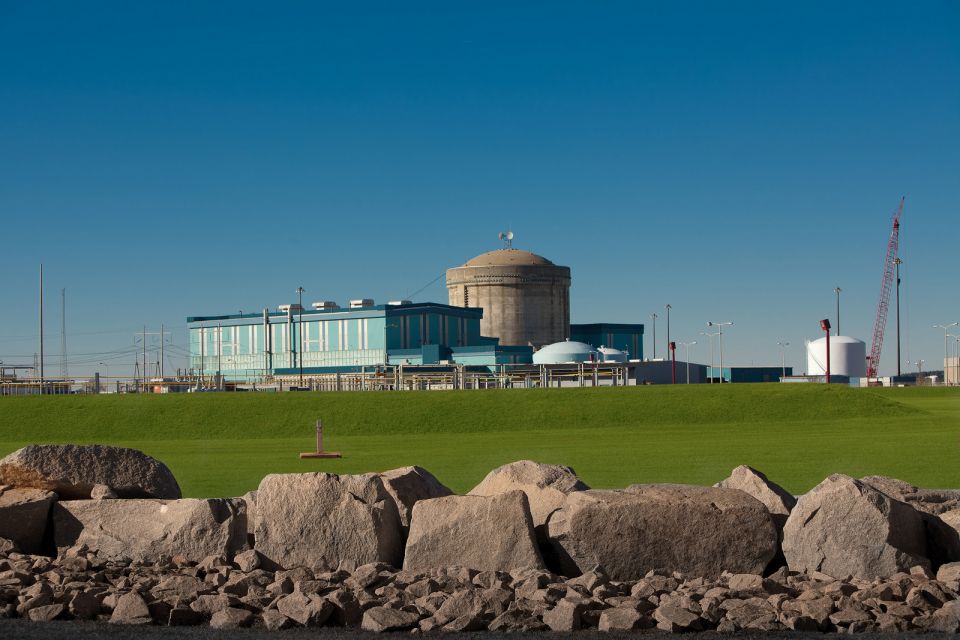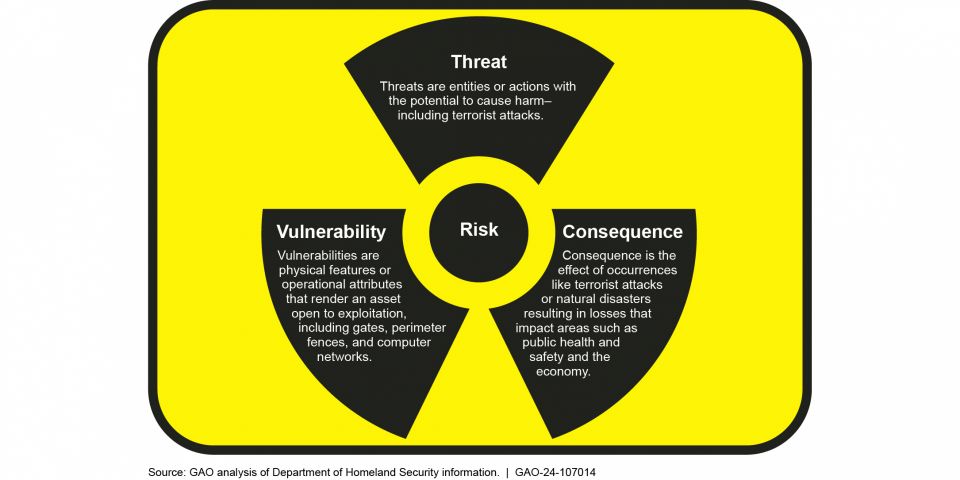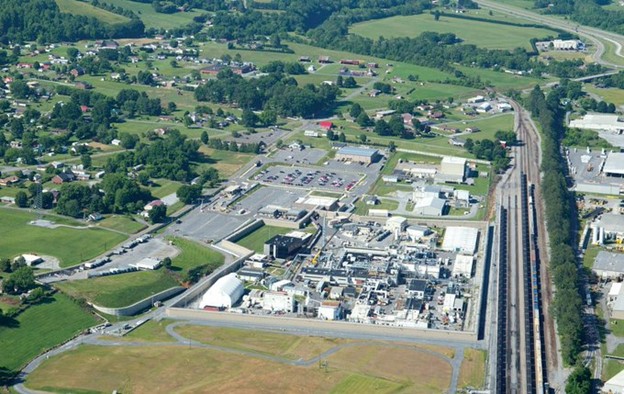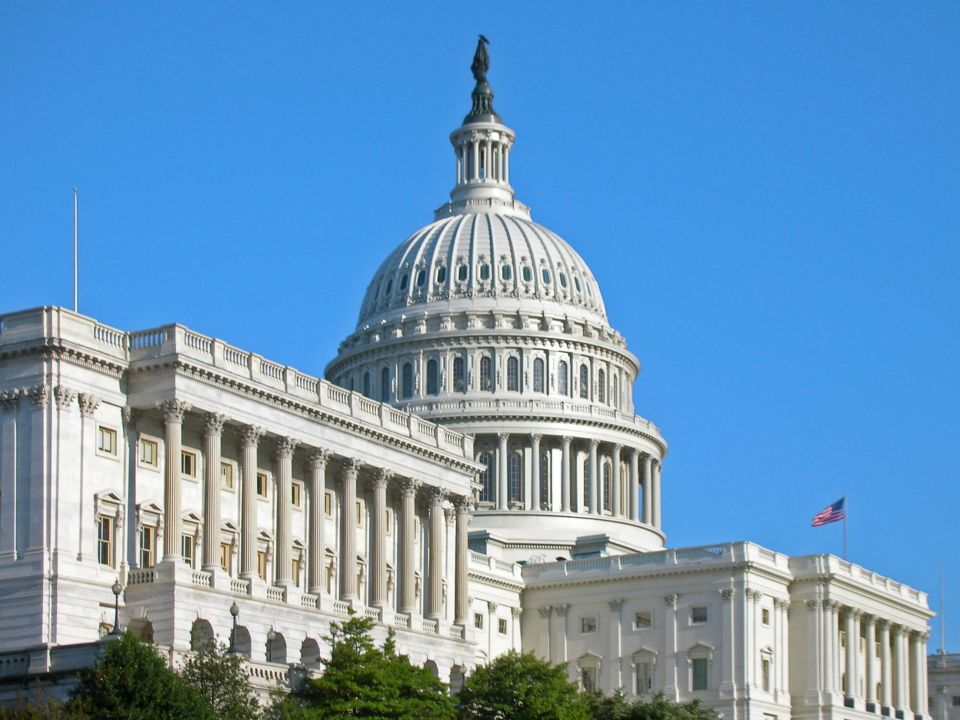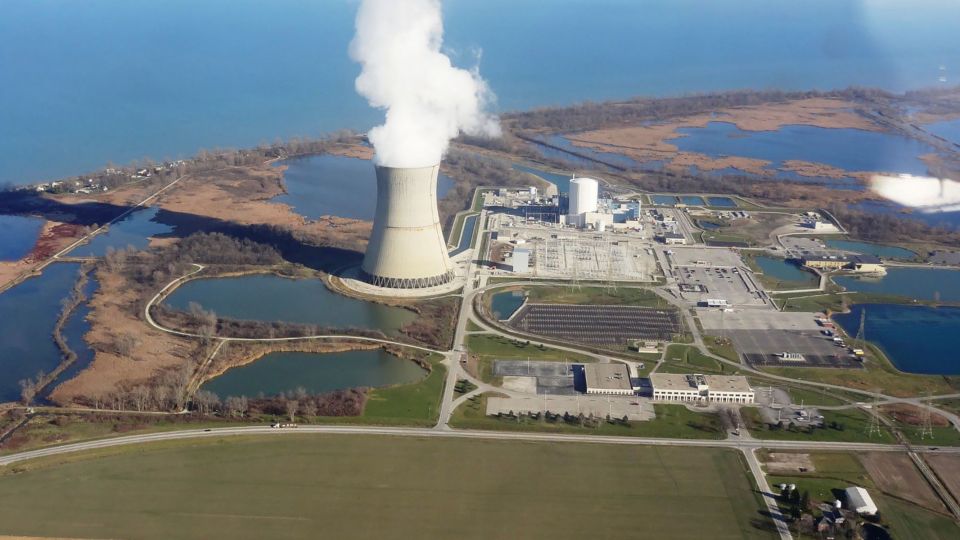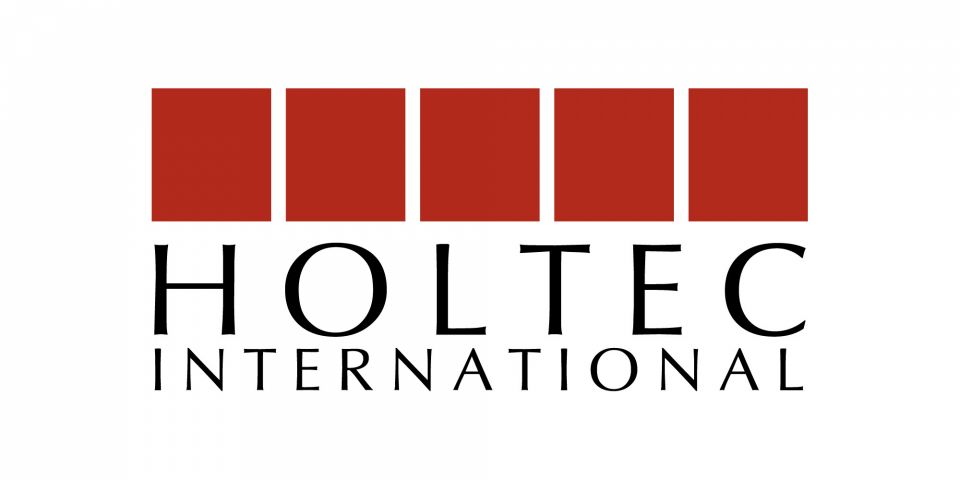Violations: The NRC report determined that 11 of the 14 detected violations required escalated enforcement actions. For example, there were numerous cases in which physicians who were not employed by the hospital system received radiological exposures during the administration of nuclear medicine treatments that did not meet NRC safety requirements. The hospital system also kept a source of iridium-192 at an unlicensed location. None of the violations led to public health or patient safety consequences, according to the NRC.
Enforcement conference or ADR: Following its findings, the NRC gave the hospital system the option of participating in a predecisional enforcement conference or using the Alternative Dispute Resolution (ADR) process, in which a neutral third party seeks to resolve any conflicts. Cabell Huntington chose the ADR process, which led to a preliminary settlement agreement after a mediation session in August 2022. The corrective actions now being undertaken are based on that agreement.
Corrective actions: Cabell Huntington must complete within the next year include the following:
- A third-party audit of the hospital system’s radiation-protection program.
- A review of current radiation-protection training, along with revisions to ensure that the training is consistent with NRC requirements.
- The sharing of lessons learned with other medical facility operators through presentations and professional publications.
- The development of a centralized radiation safety policy, along with training on the proper use of radiation-measuring detectors.
- In-person instruction on the transportation of radioactive materials to and from Cabell Huntington facilities, as well as on the subsequent handling of these materials.
- A restructuring of the hospital system’s radiation safety committee for improved oversight of locations authorized for nuclear medicine services.


